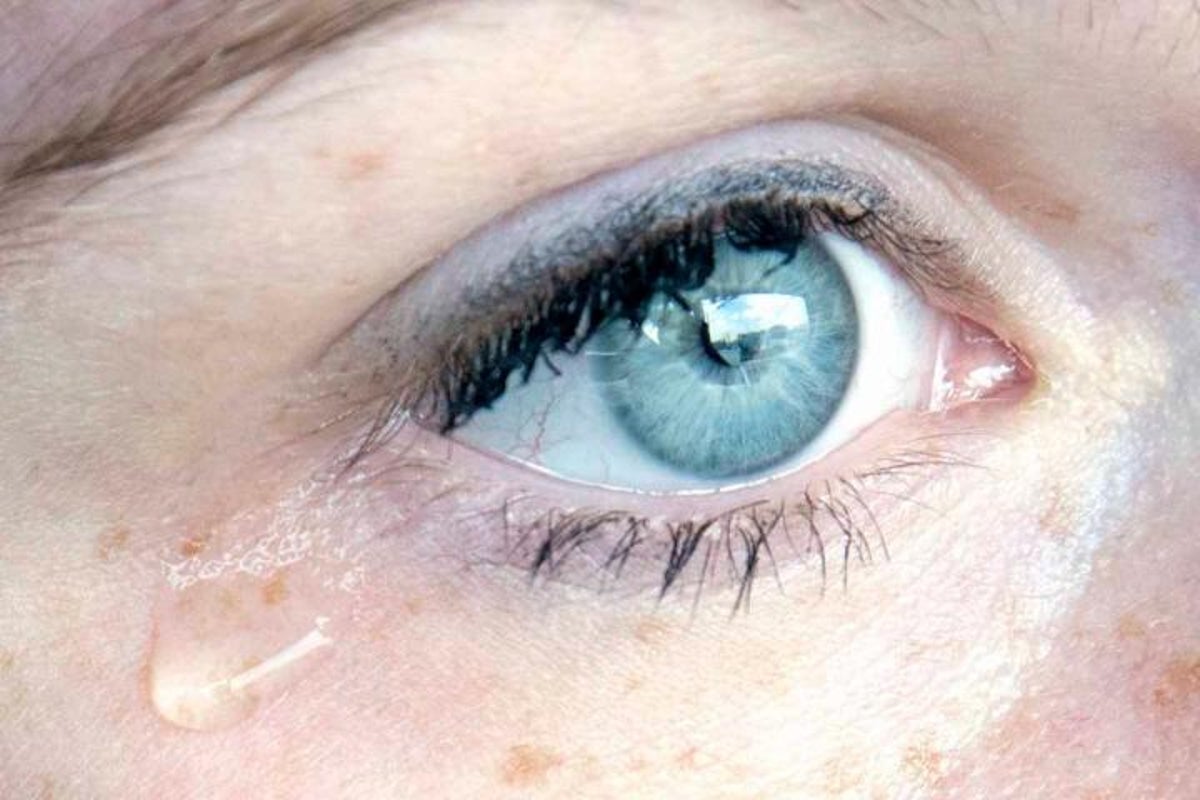
A new method of electrically stimulating the eye has been shown to alleviate depression-like symptoms and improve cognitive function in animal models, according to new research.
The findings, recently published in the journals Brain Stimulation and the Annals of the New York Academy of Sciences, may lead to alternative ways to treat neuropsychiatric diseases such as dementia and depression.
Previous studies have shown that deep brain stimulation of the prefrontal cortex in the brains of animals could relieve depressive symptoms and improve memory function.
Such invasive techniques, however, require surgery to implant electrodes inside the brain that may cause significant side effects like infections and other post-operative complications, researchers pointed out.
But now, a technique to stimulate the corneal surface of the eye can be non-invasive and also result in “remarkable” antidepressant-like effects, reducing stress hormones in an animal model study, said scientists, including those from the University of Hong Kong (HKUMed) and City University of Hong Kong (CityU).
The technique induced the expression of genes involved in the development and growth of cells in the hippocampus – a brain region involved in learning and memory.
Researchers said the non-invasive stimulation method in mice also drastically improved memory performance and reduced beta-amyloid deposits in the hippocampus – one of the hallmarks of Alzheimer’s disease.
“The overall findings suggest a possible neuroplasticity mechanism of the antidepressant-like effects of TES [transcorneal electrical stimulation],” scientists wrote in one of the studies.
Leanne Chan Lai-hang, a study co-author, pointed out that it would be “a major scientific breakthrough” if TES, a non-invasive method initially developed to treat eye diseases, could be applied to treat neuropsychiatric conditions.
“These research findings pave the way for new therapeutic opportunities to develop novel treatment for patients suffering from treatment-resistant depression and dementia. Nevertheless, clinical trials must be conducted to validate the efficacy and safety,” another study co-author Dr Chan Ying-shing said.
“Overall, these findings support further investigation of TES as a potential treatment for cognitive dysfunction and mechanistic studies of TES effects in other dementia models,” the scientists wrote in the study.







